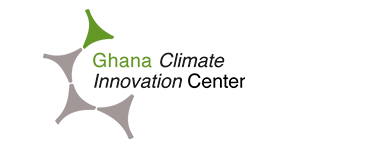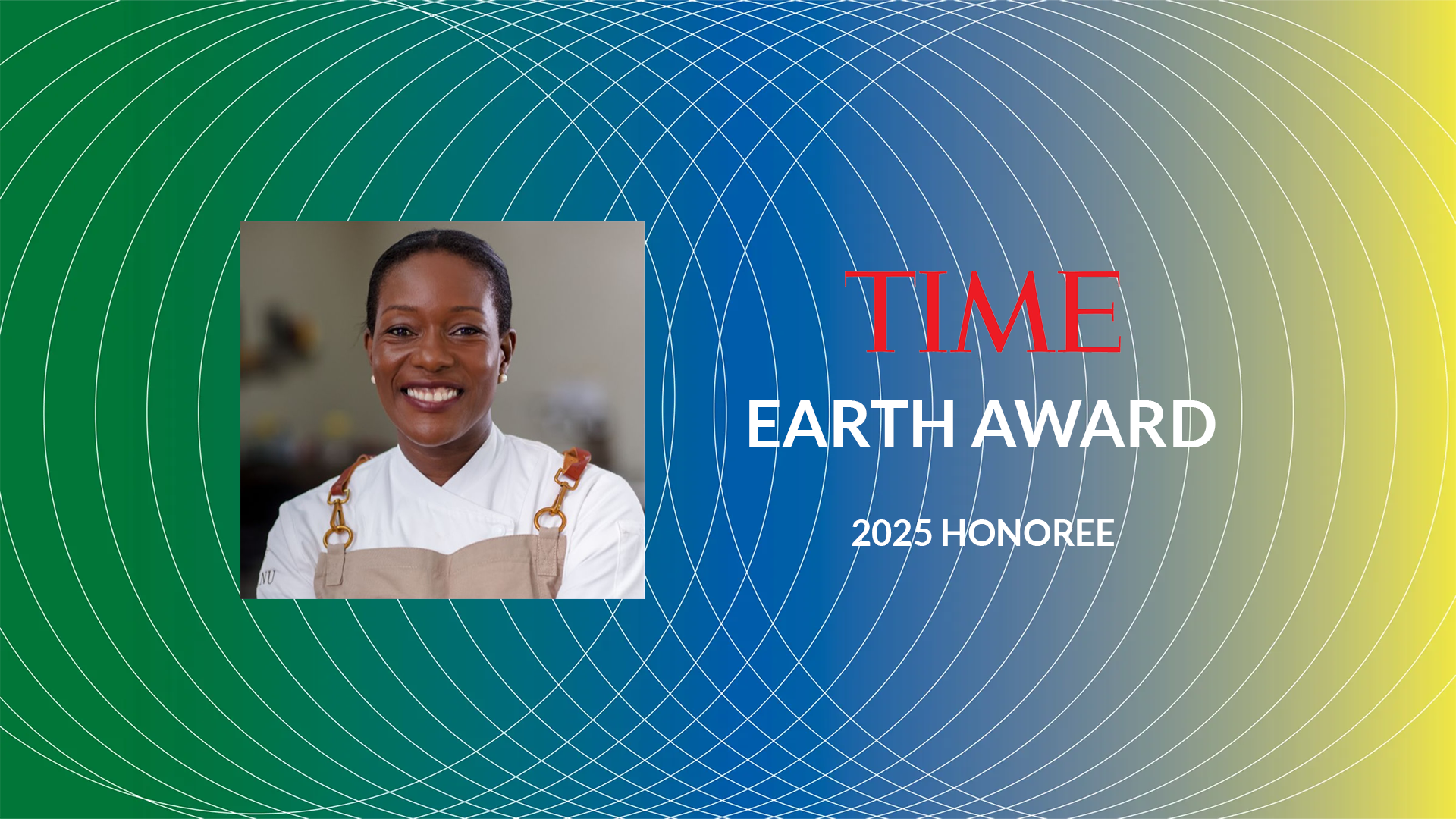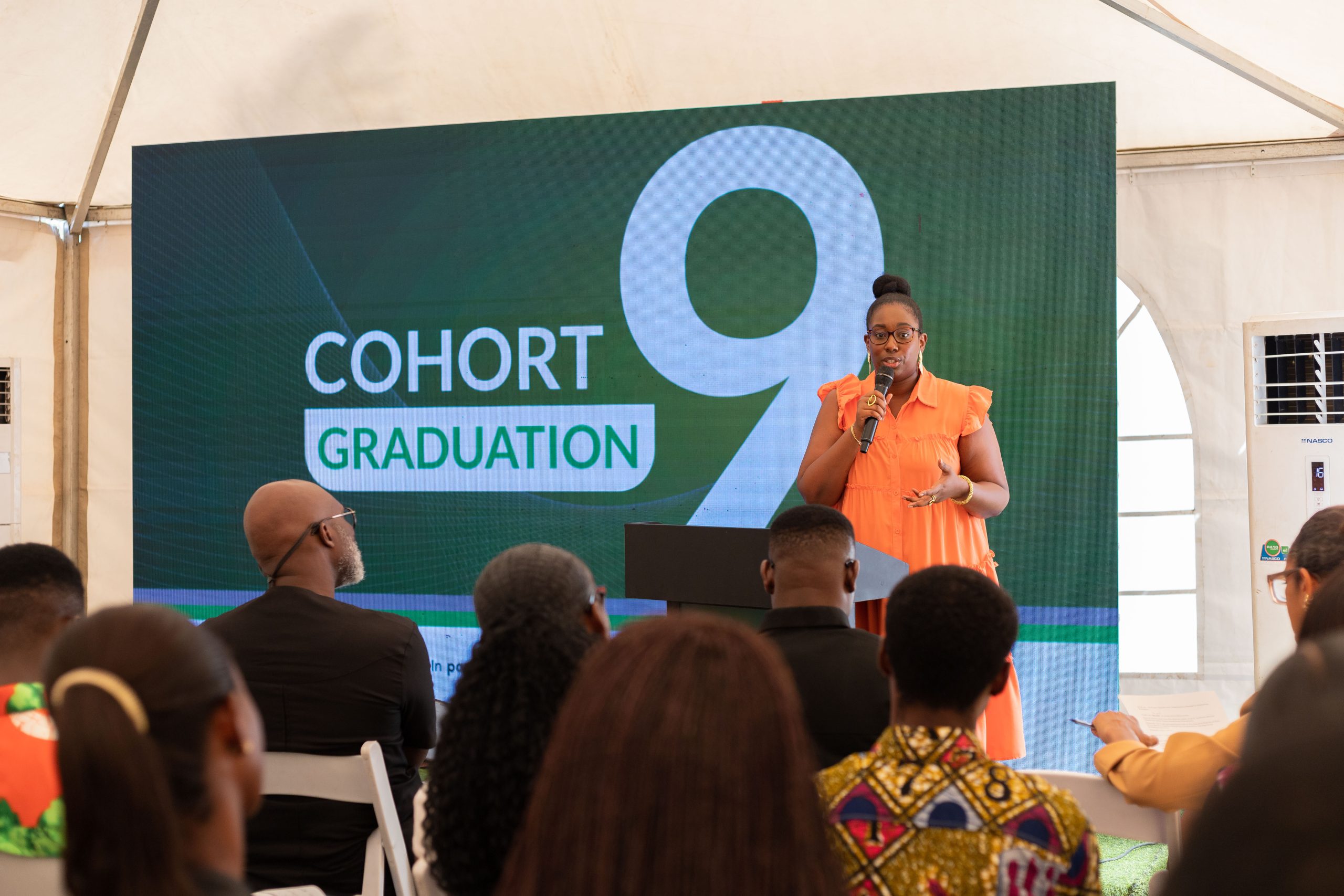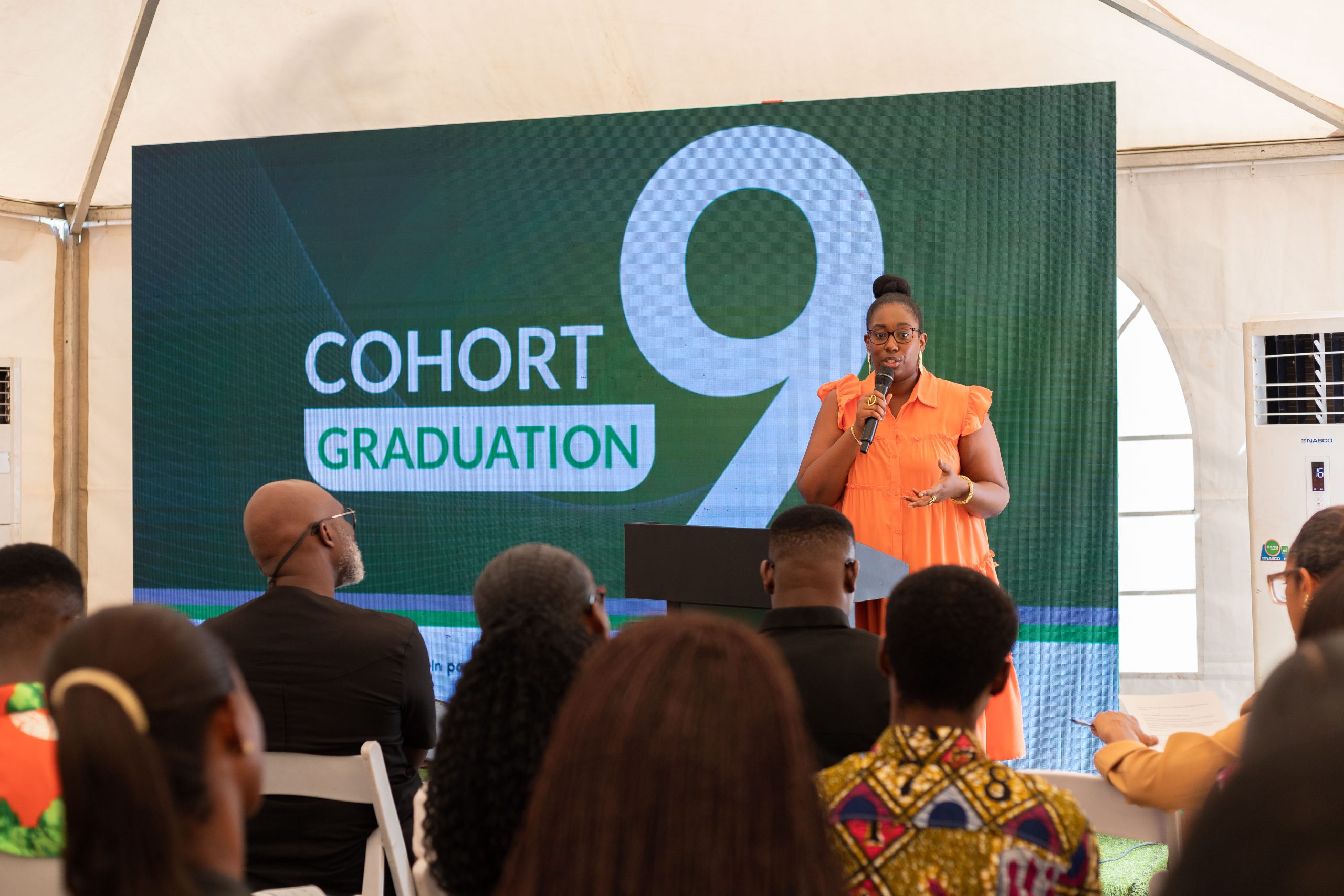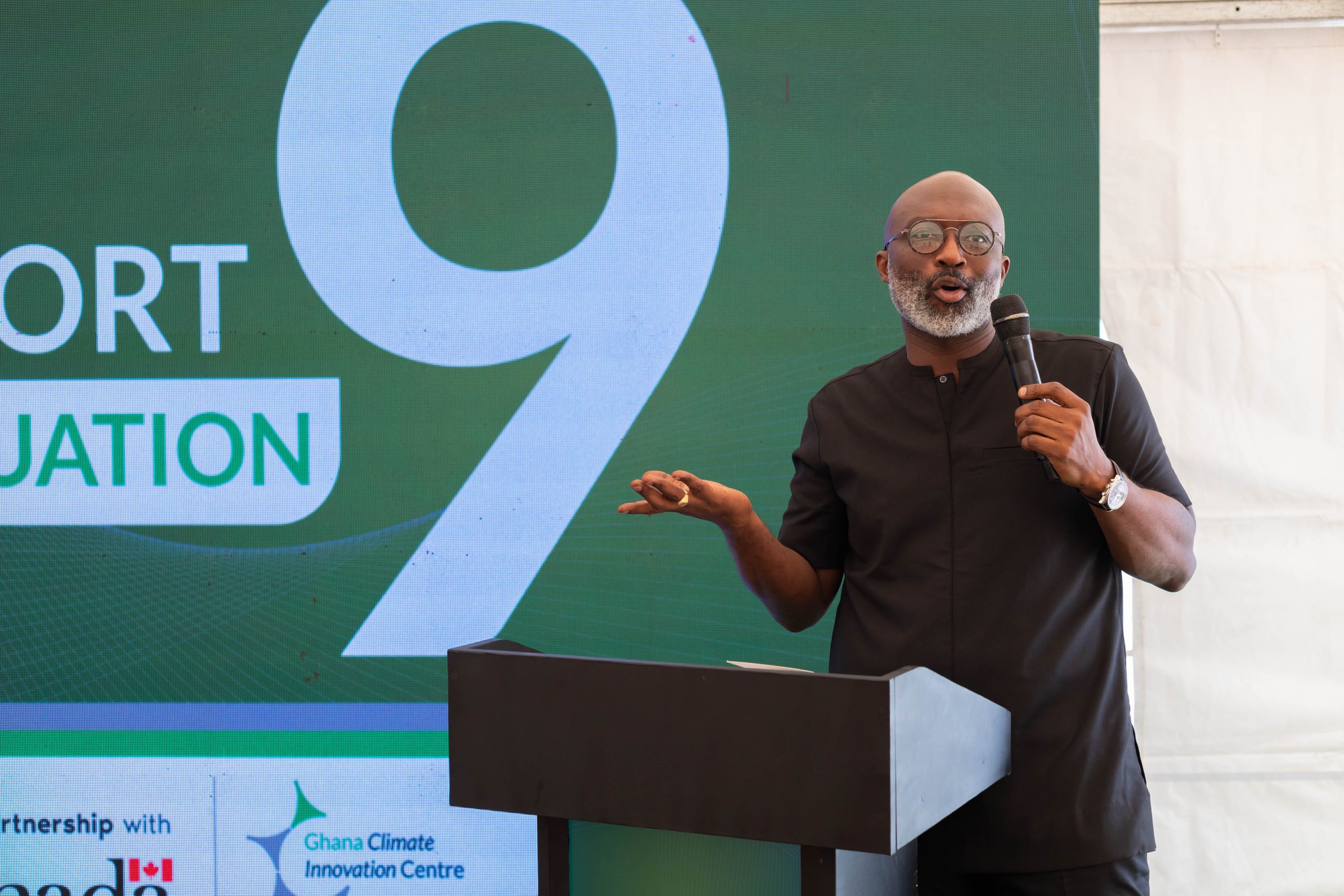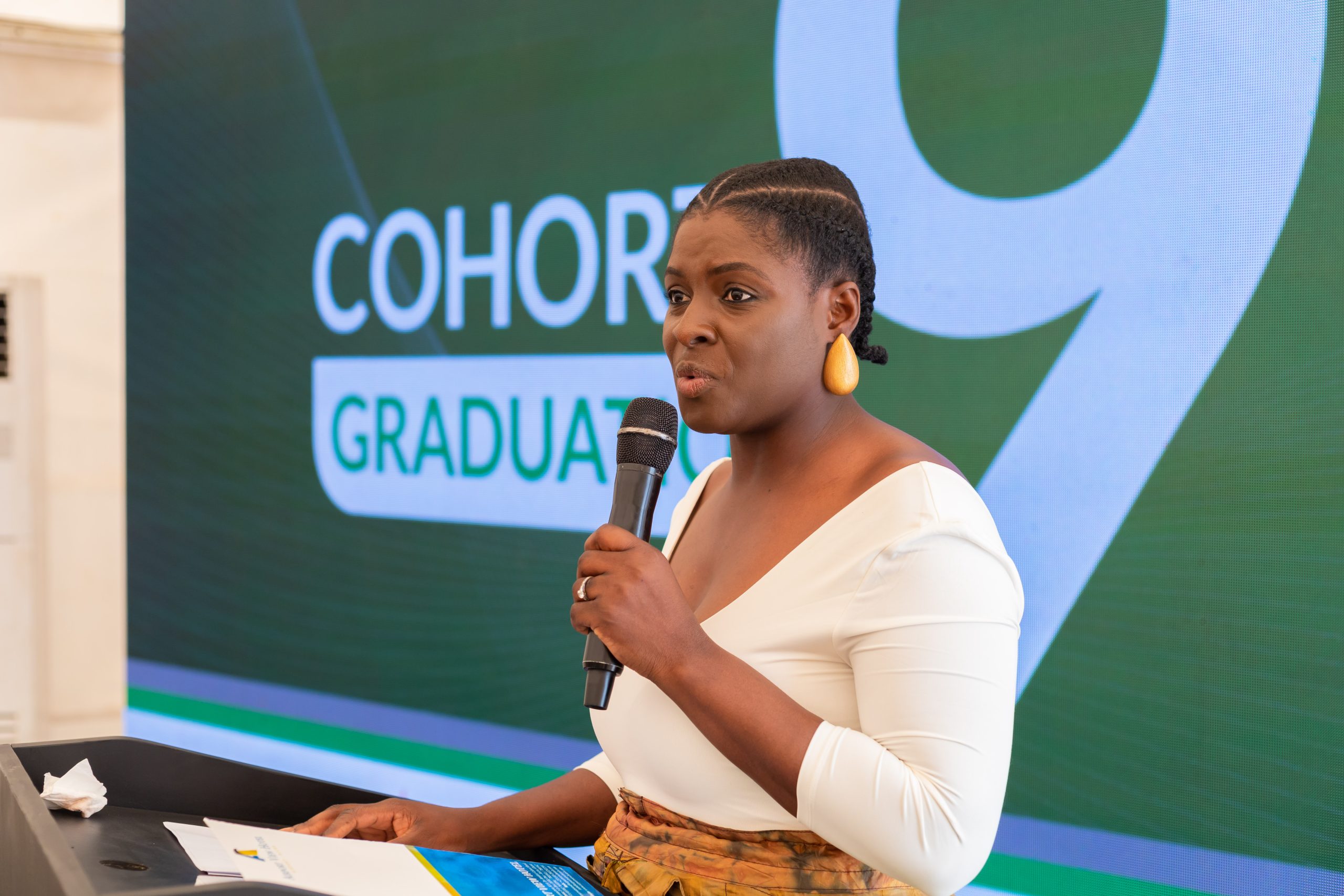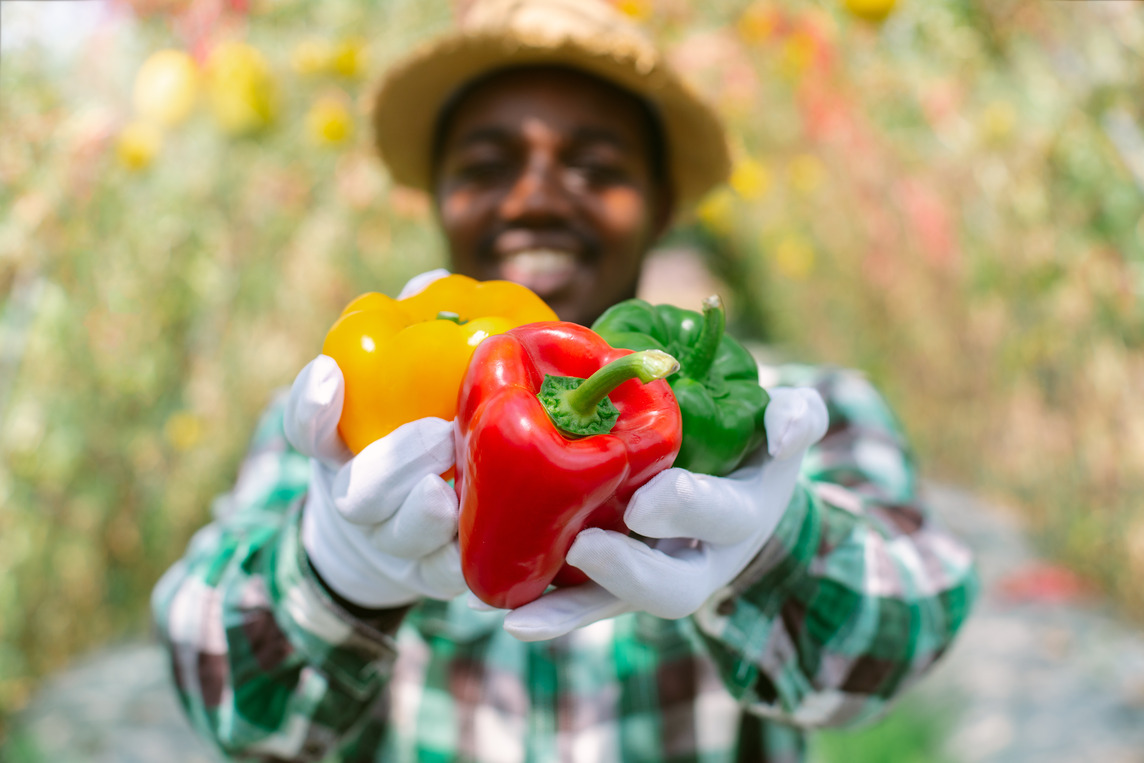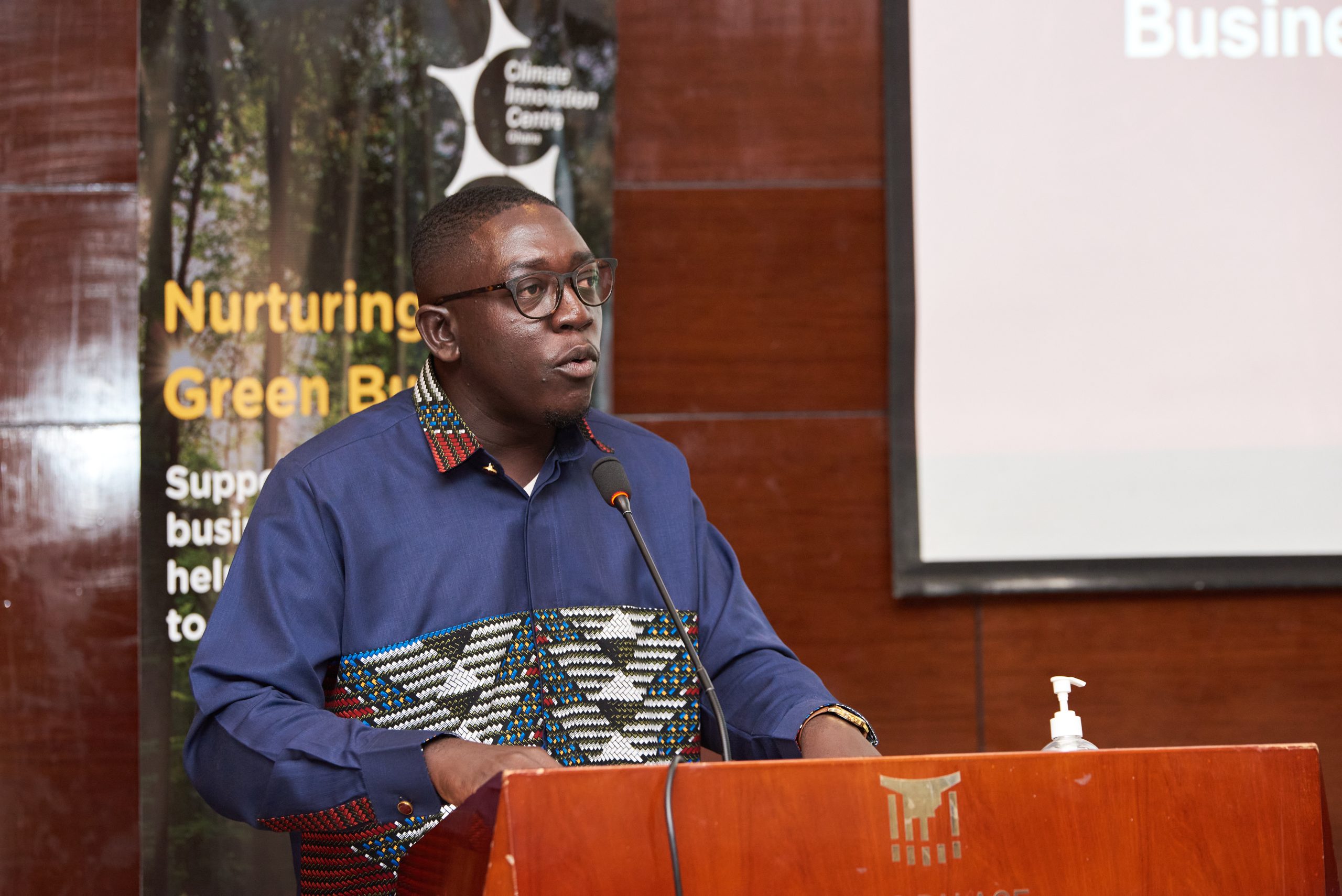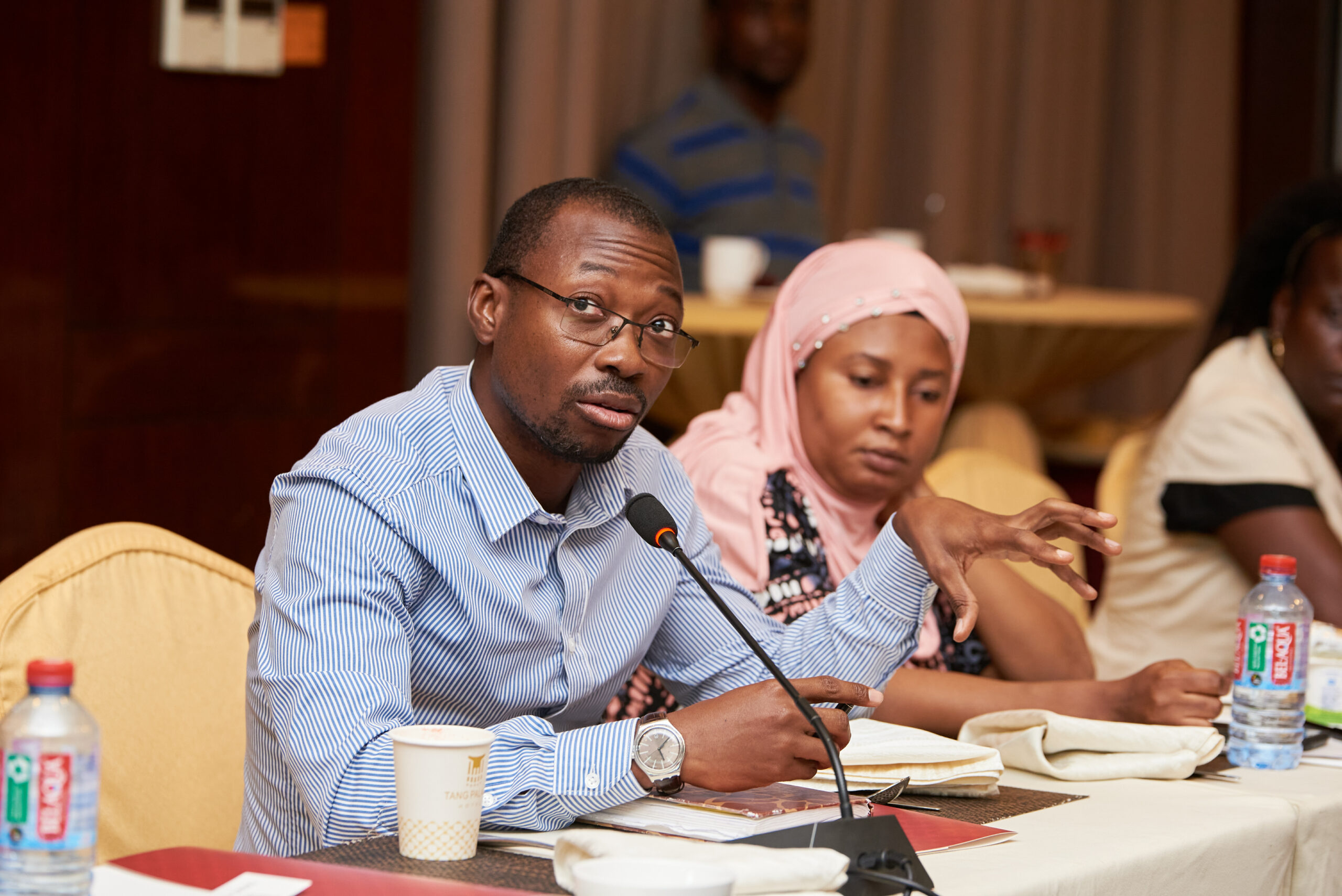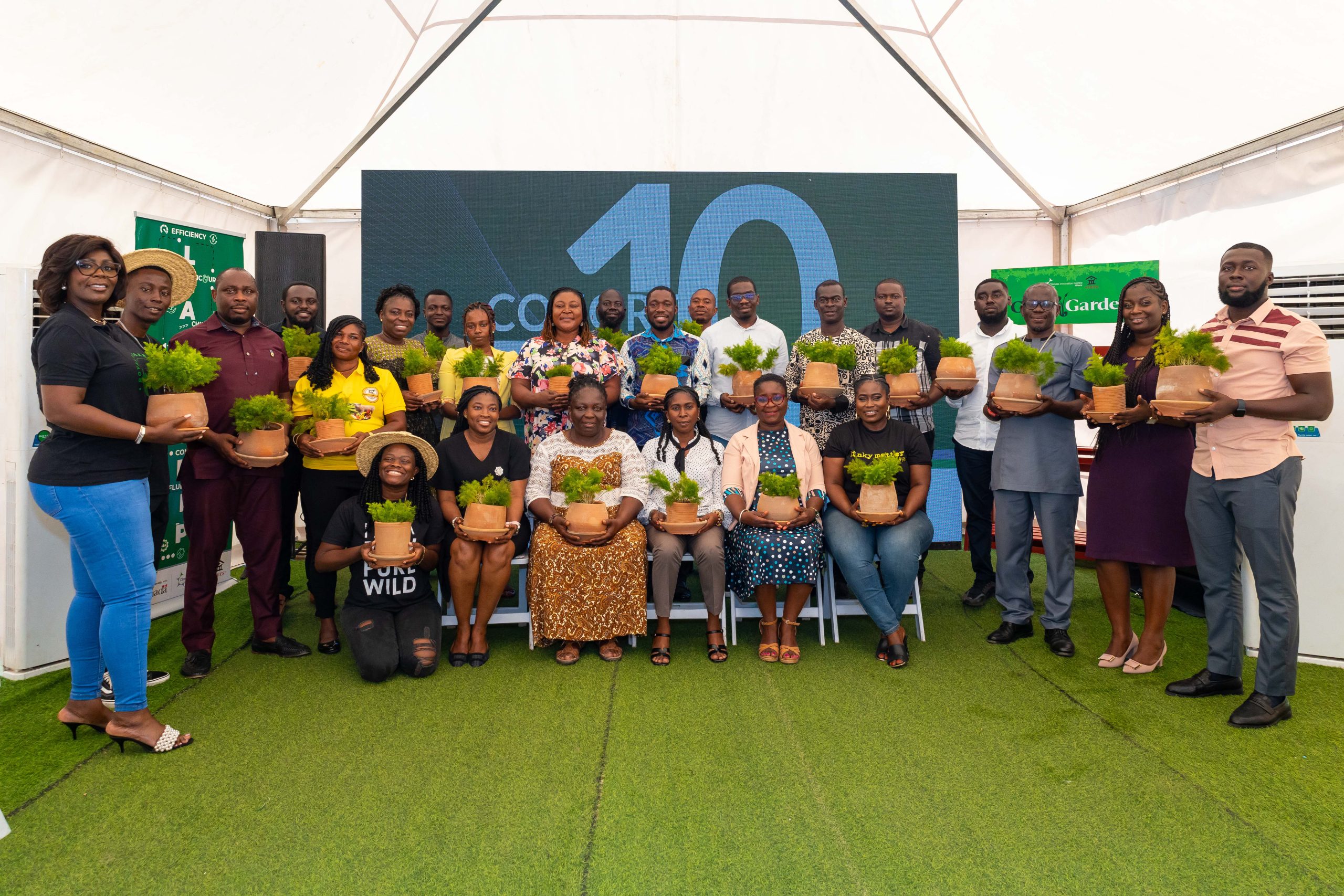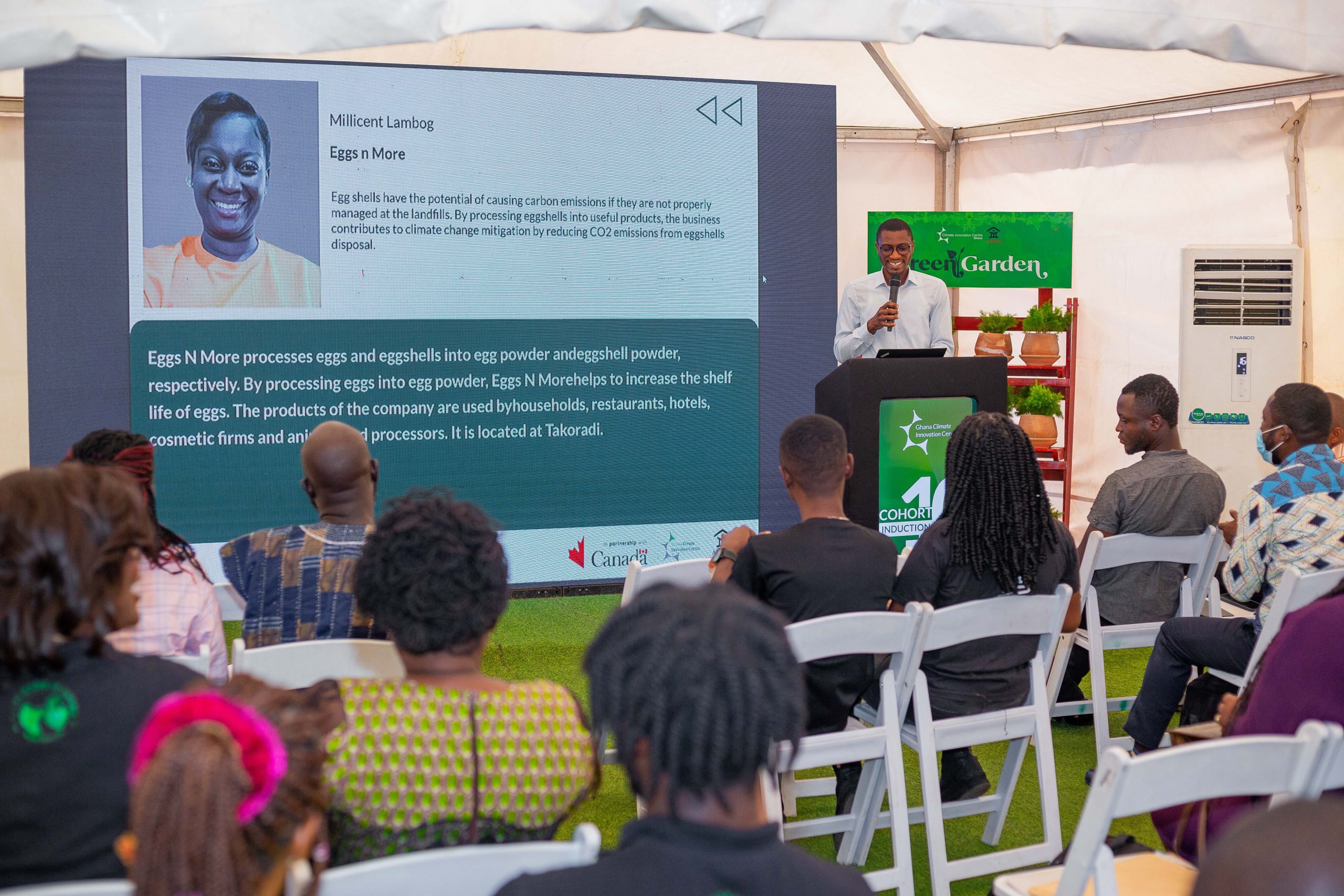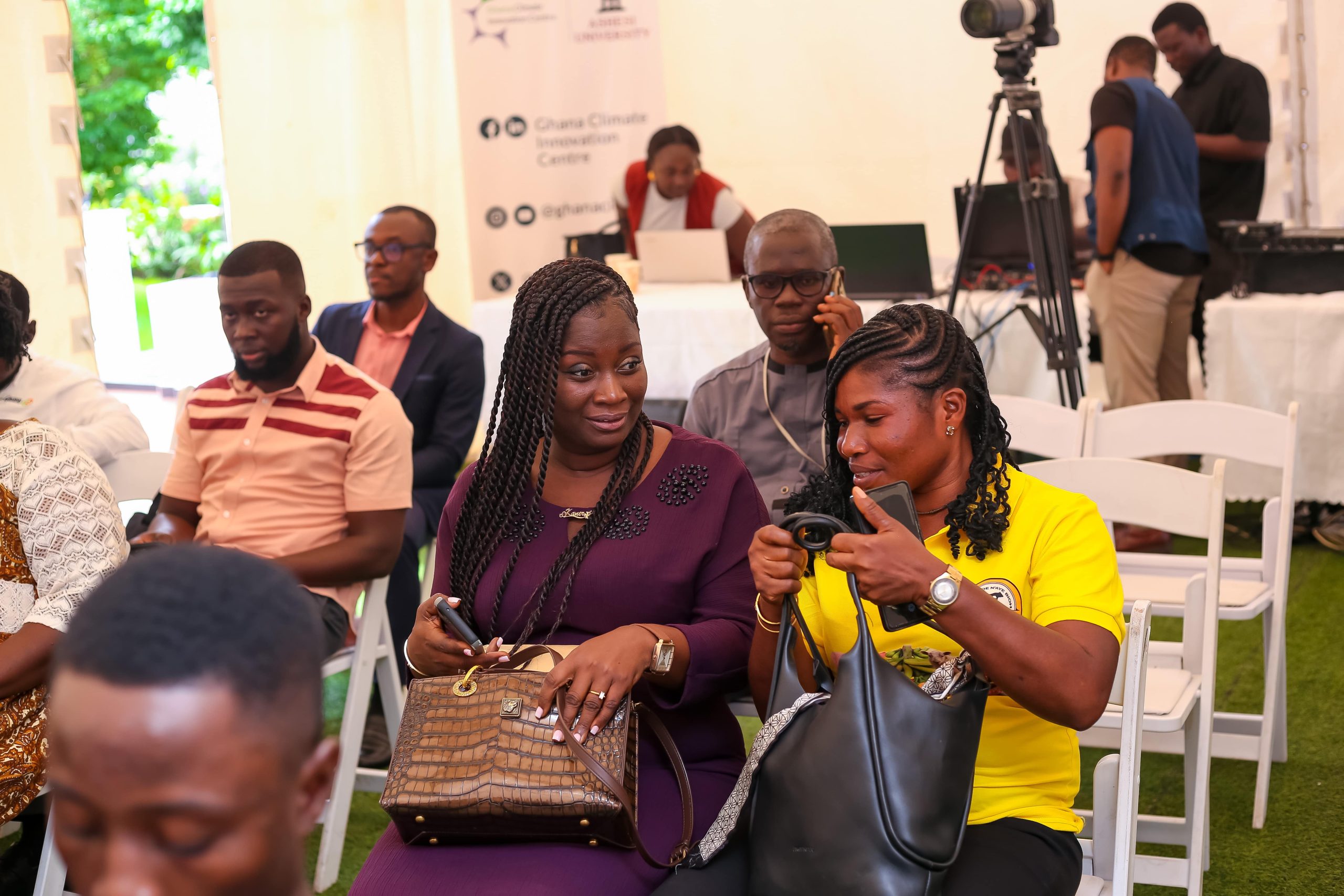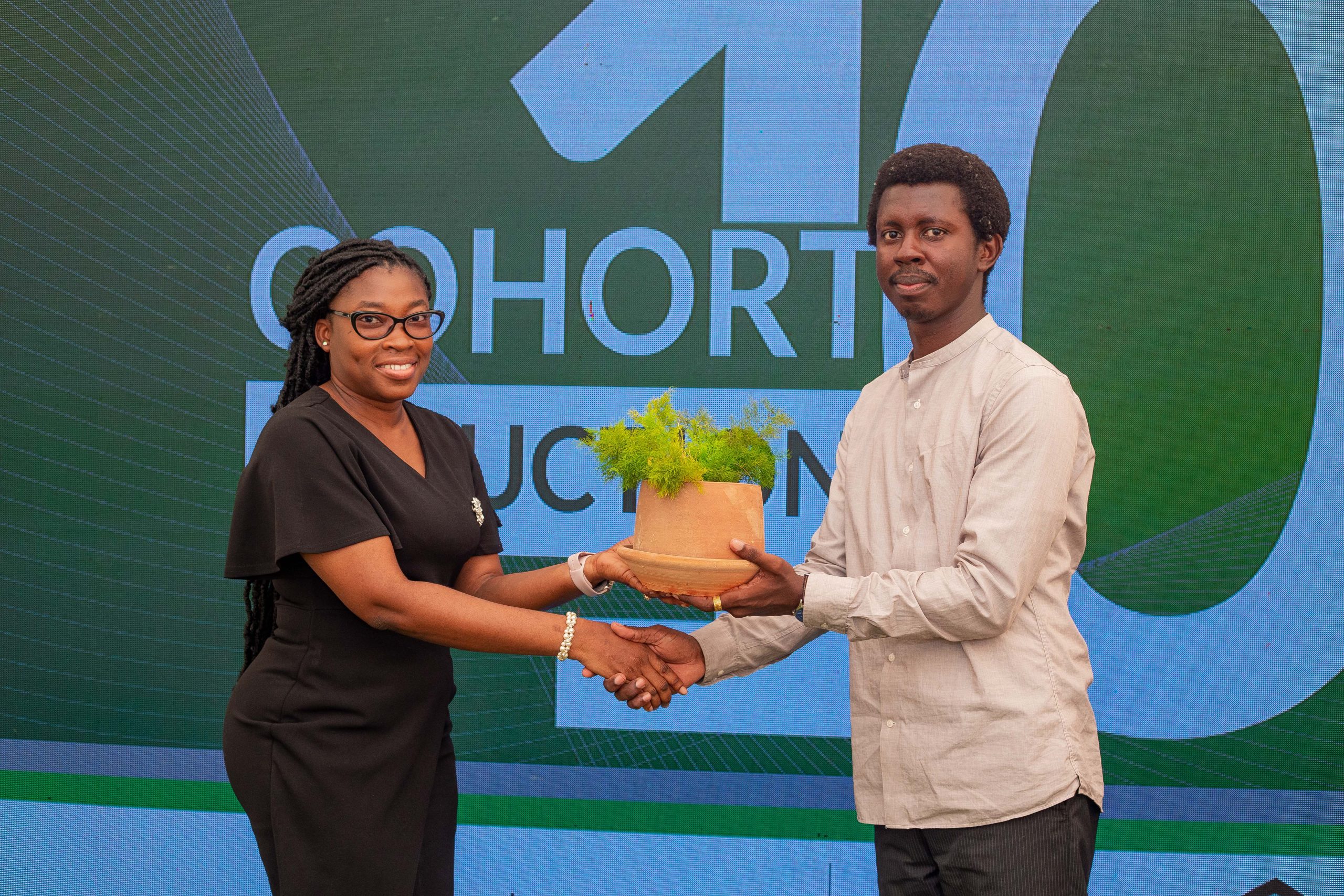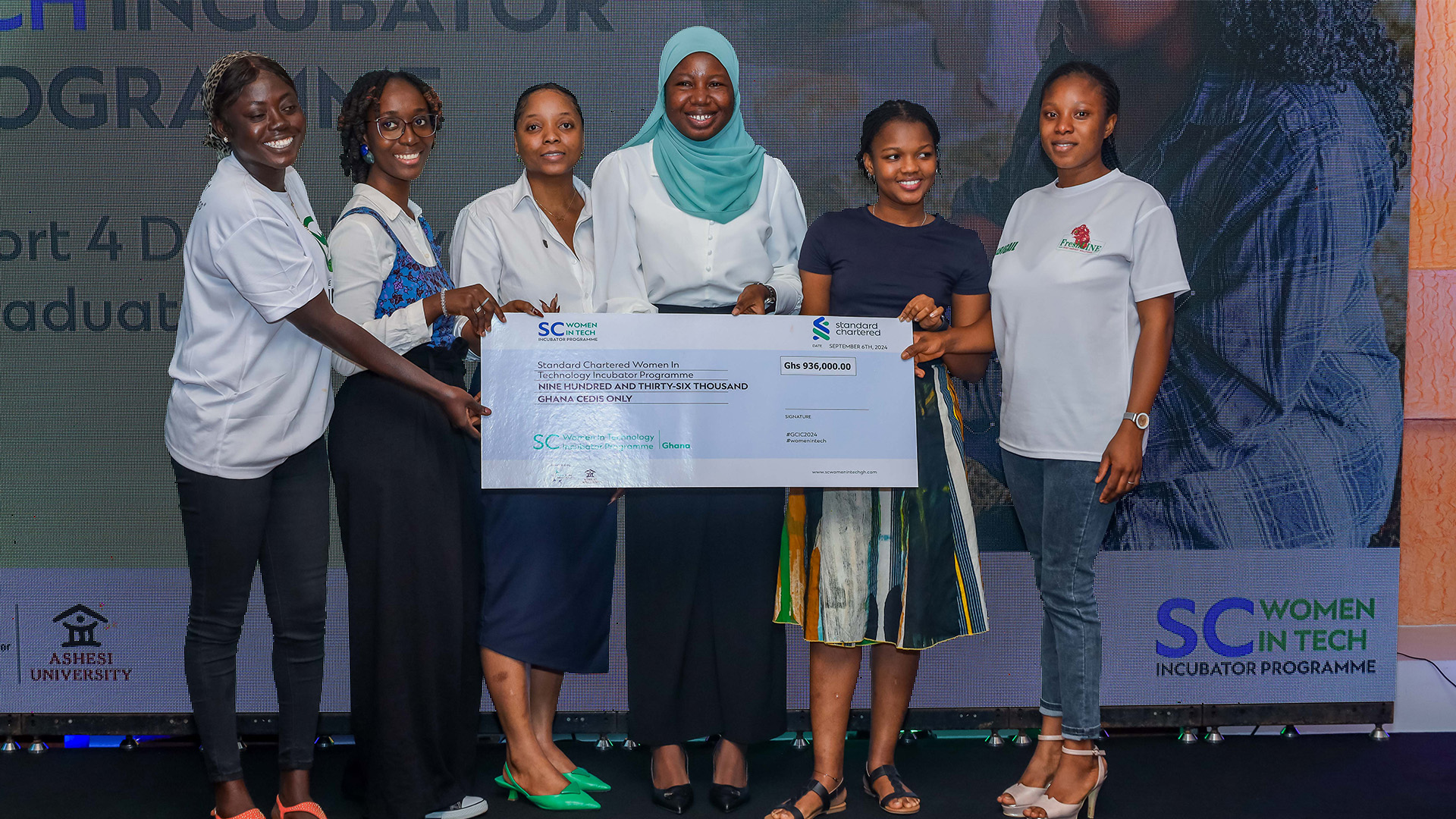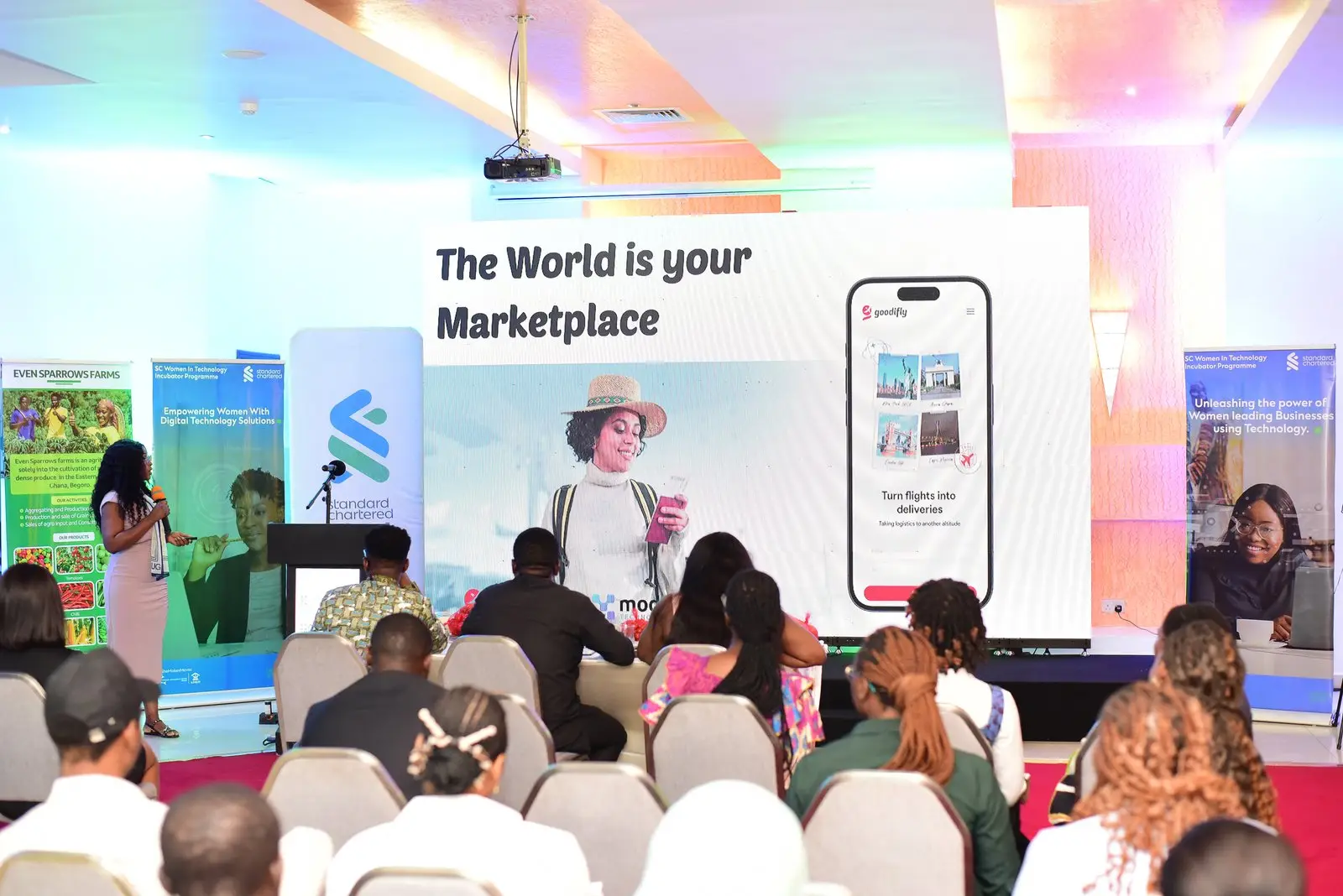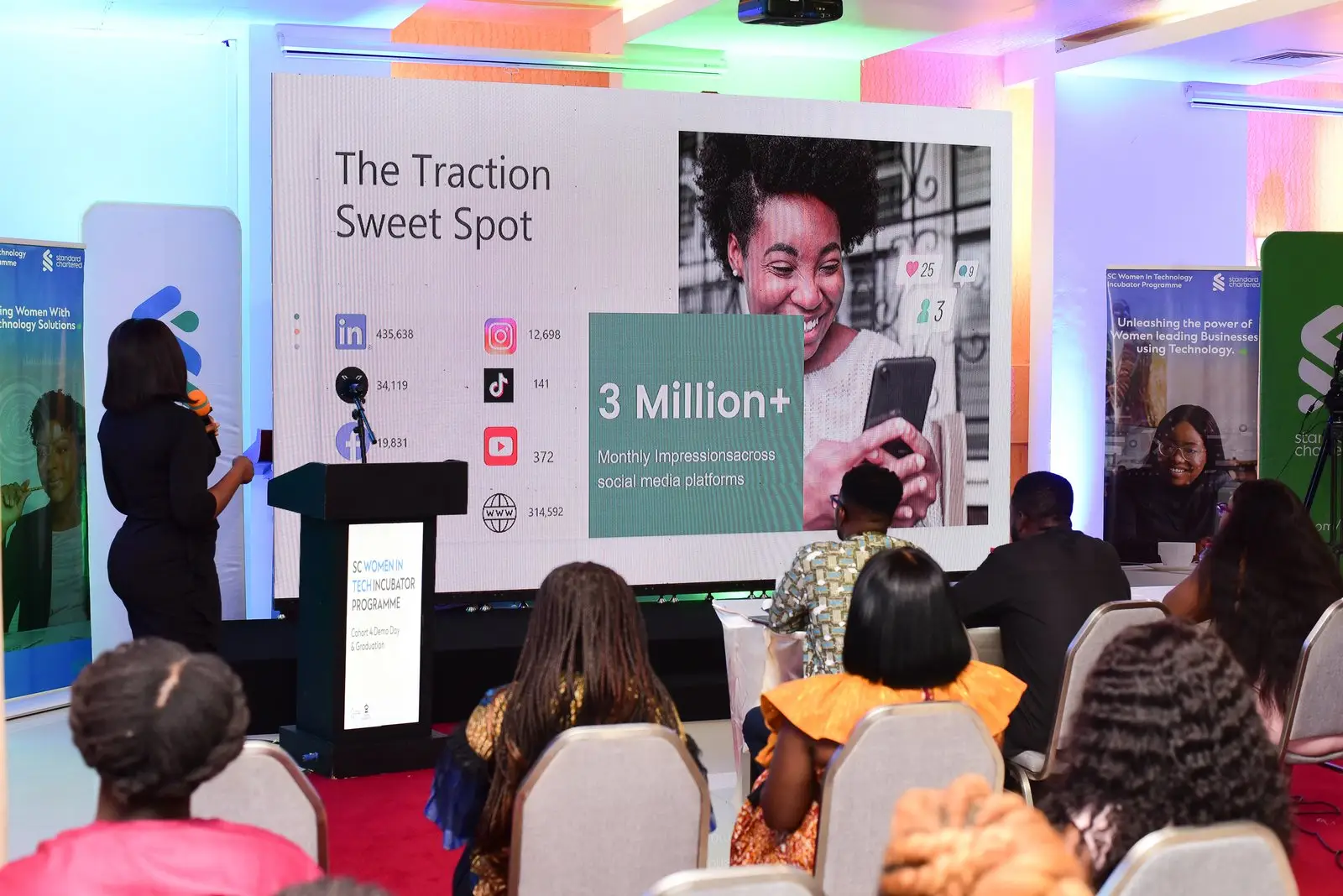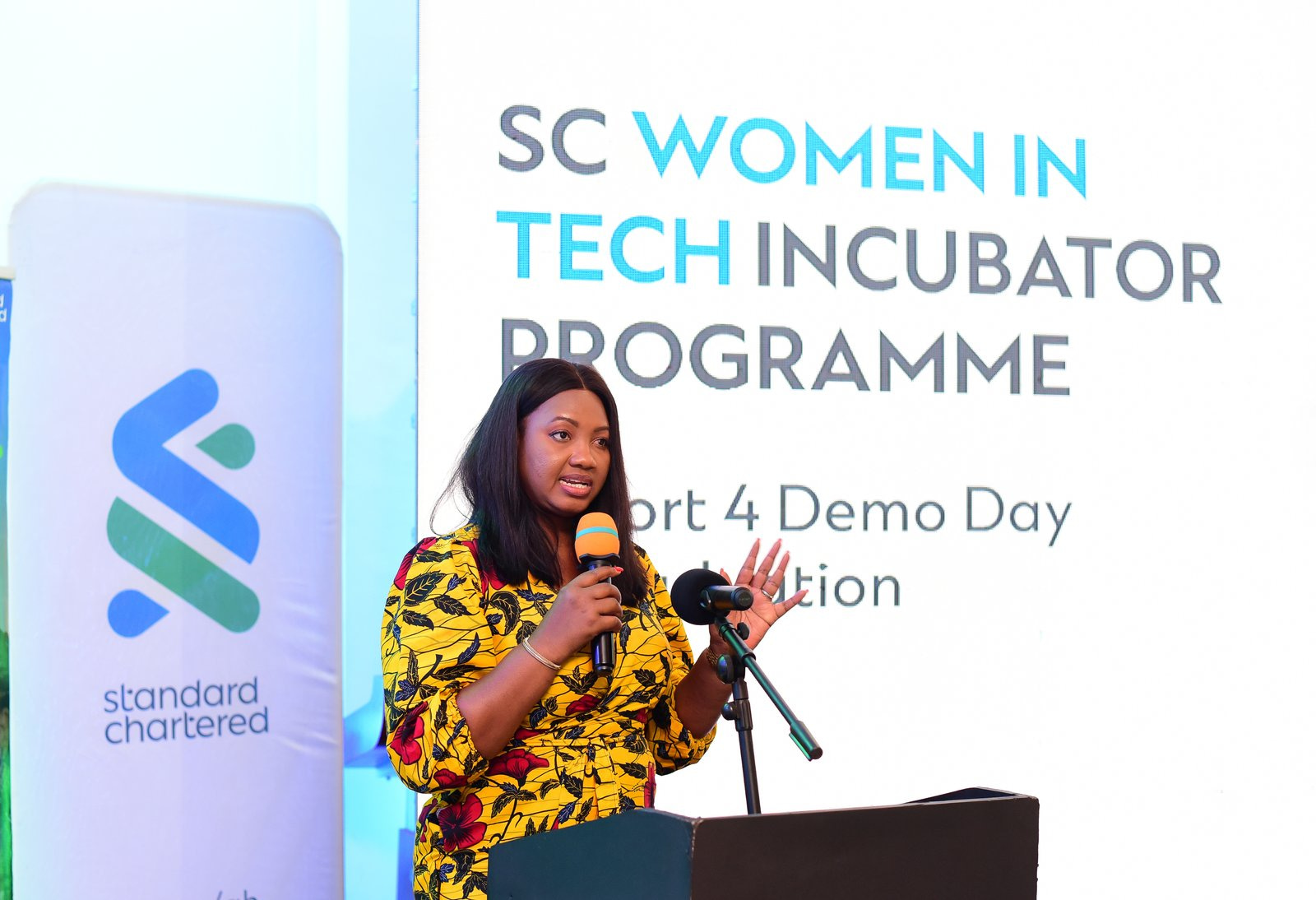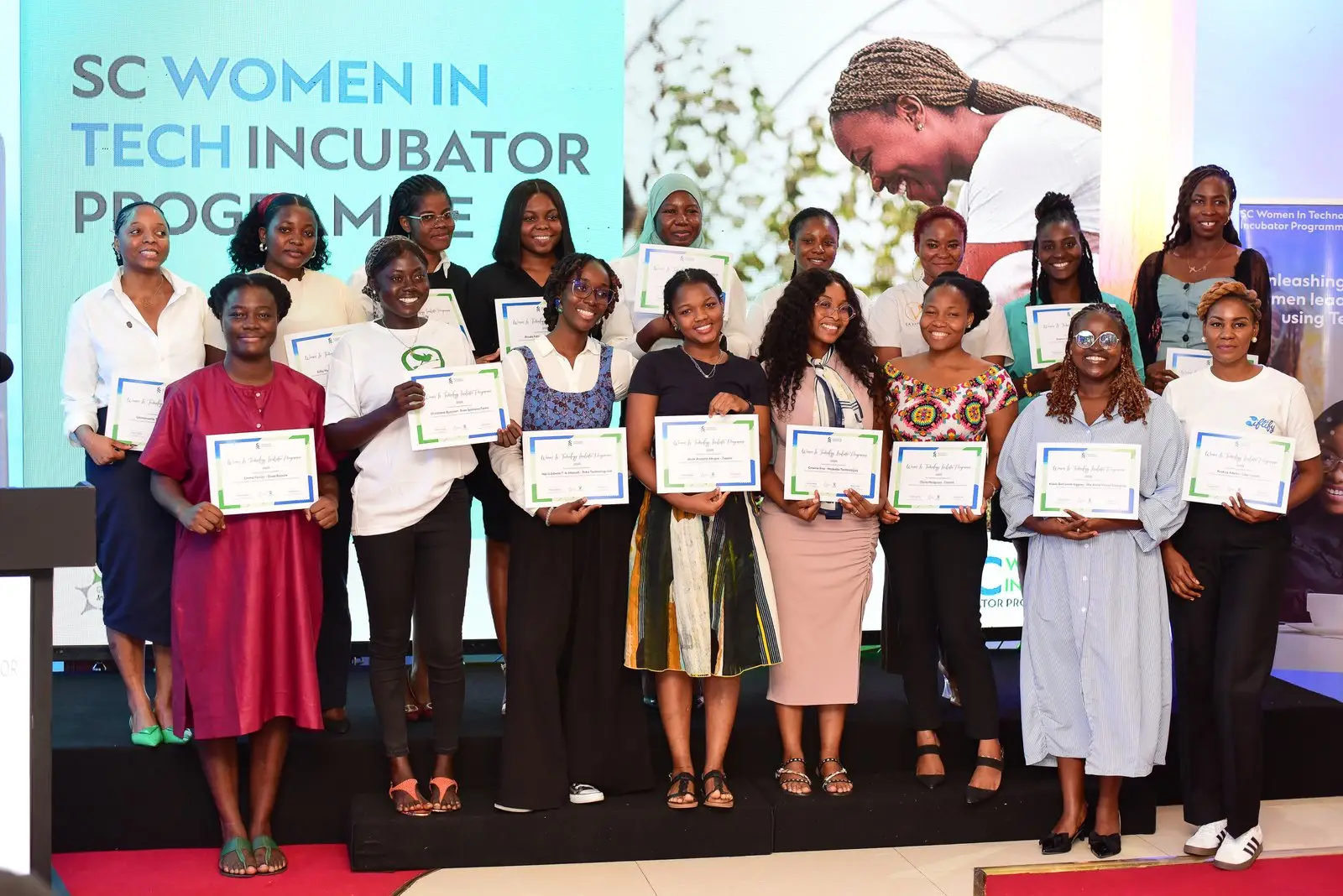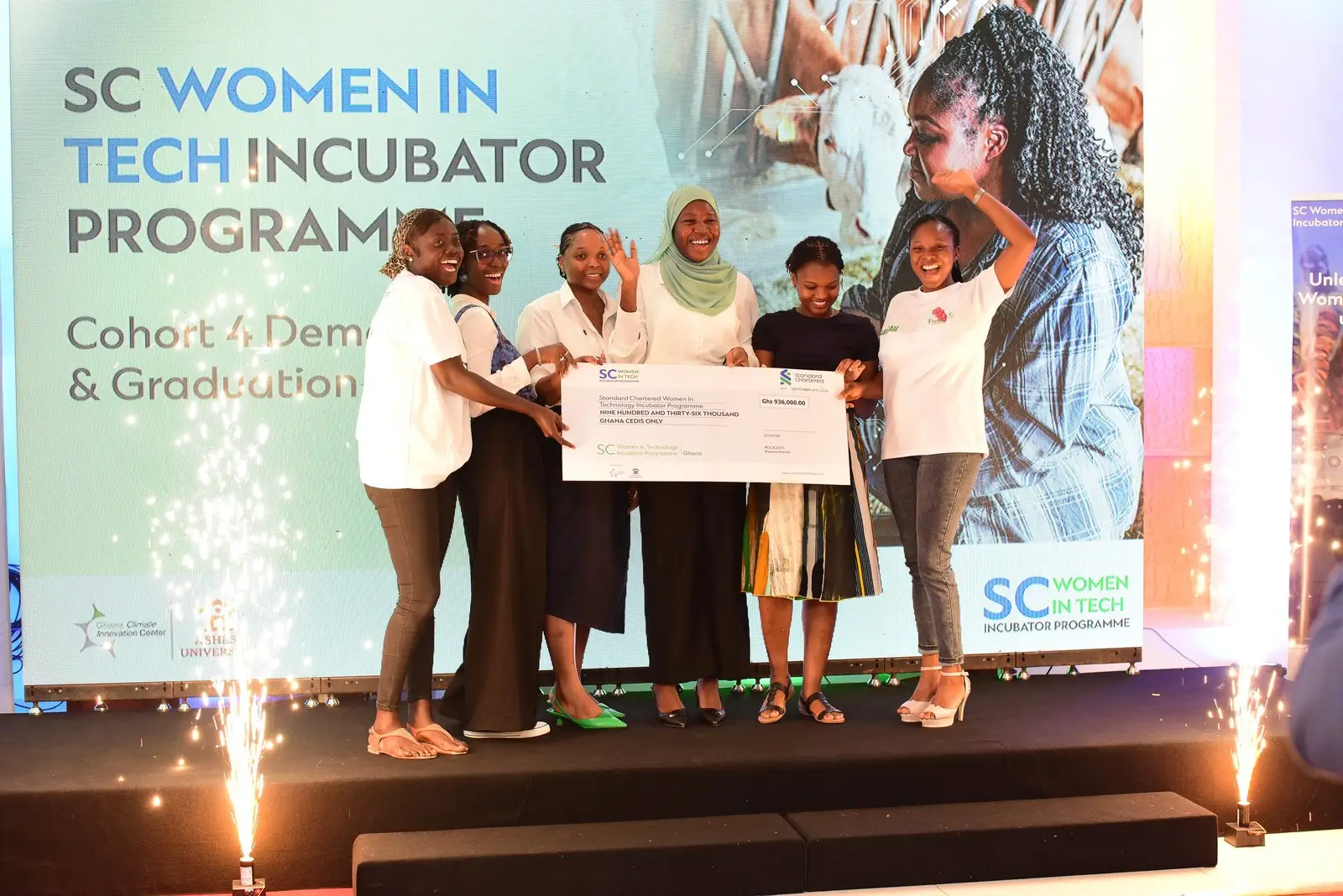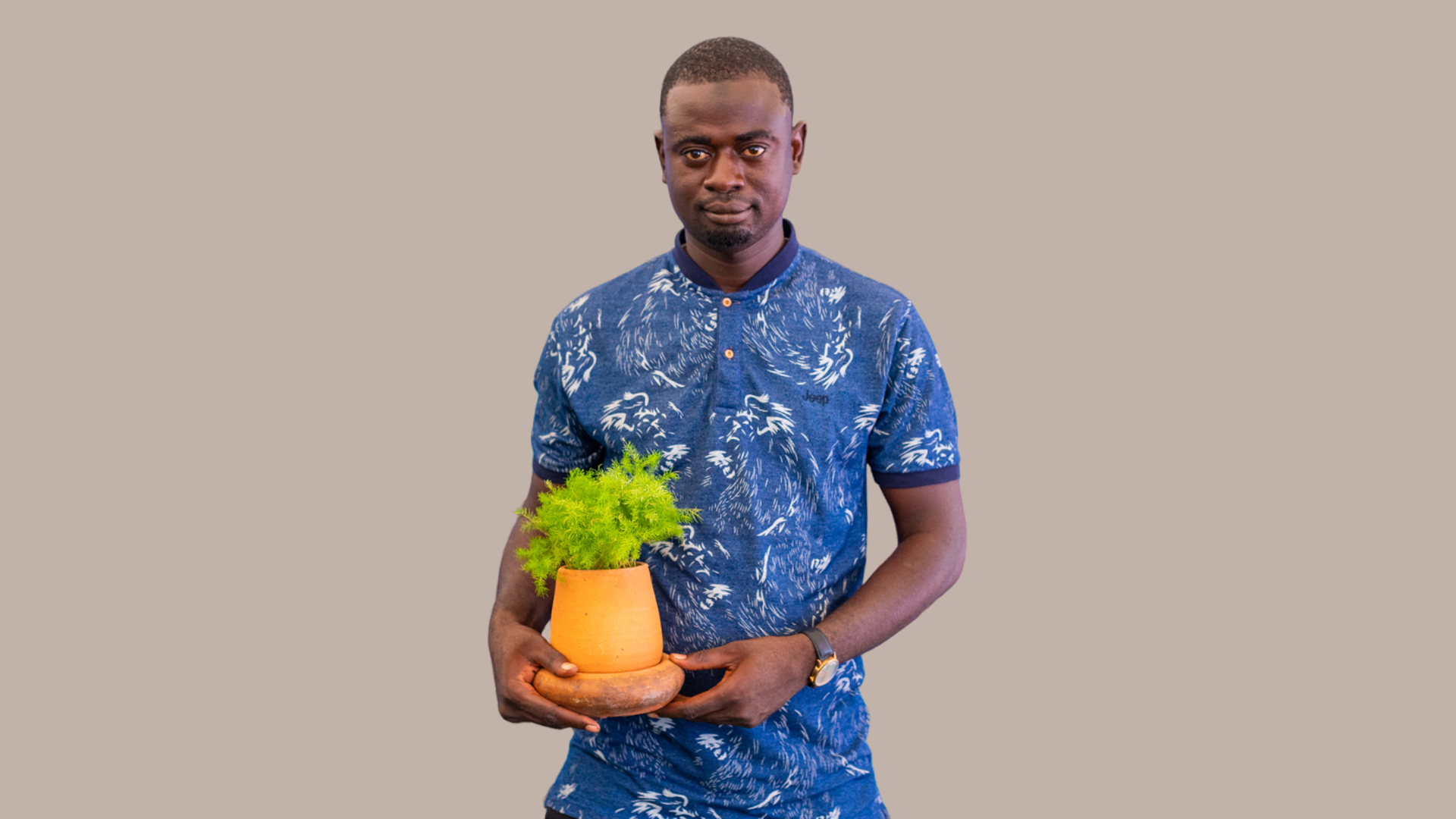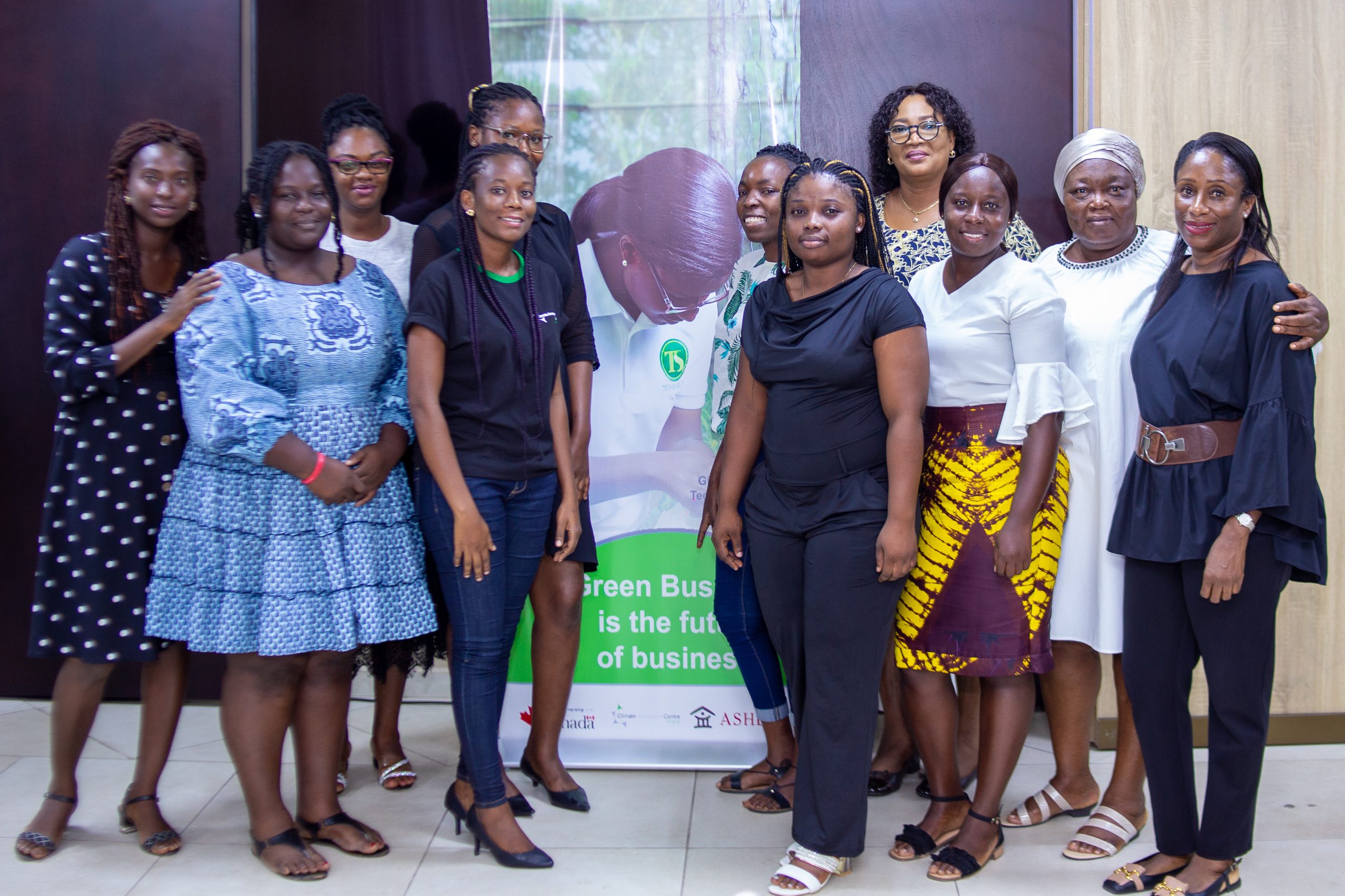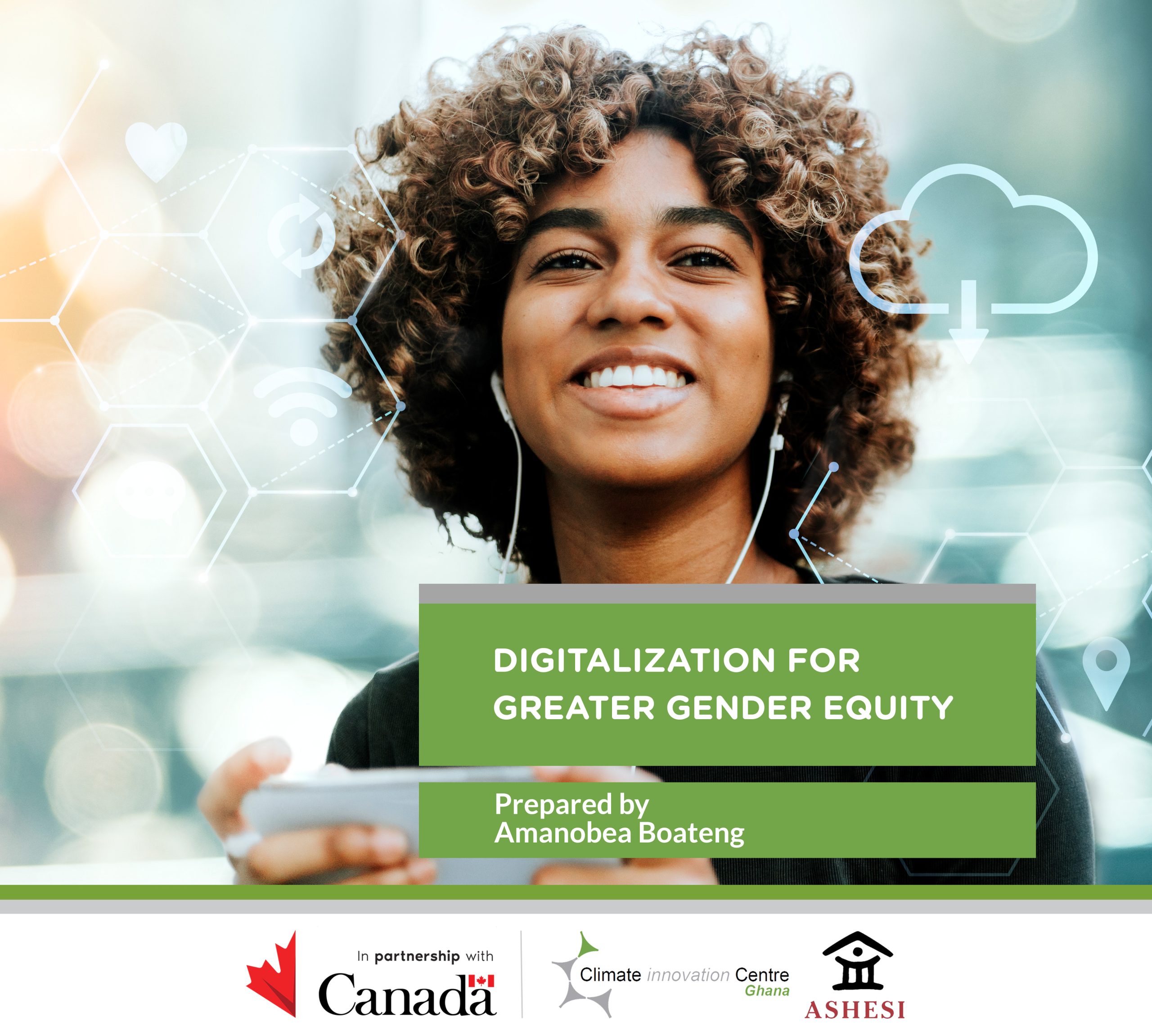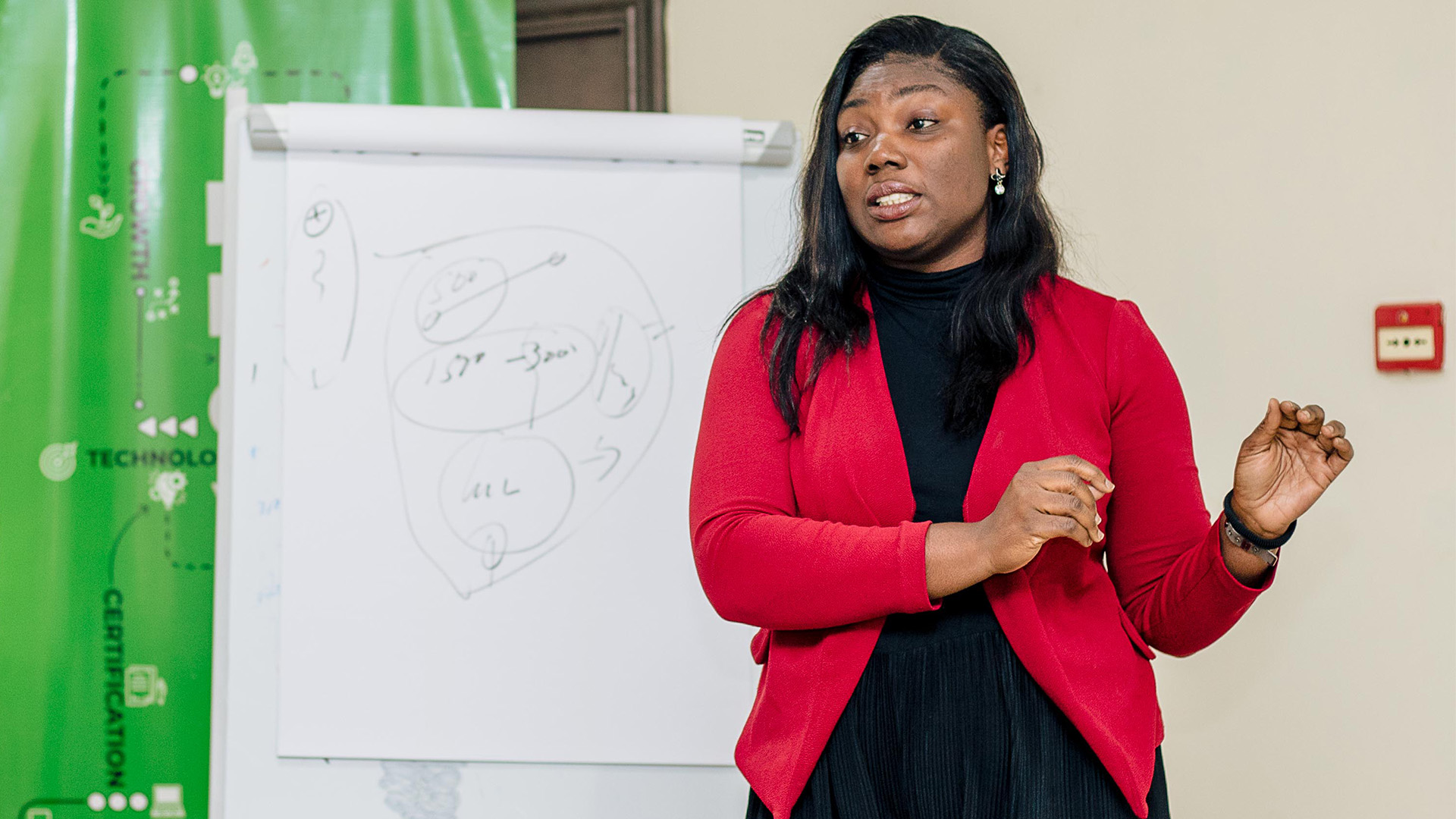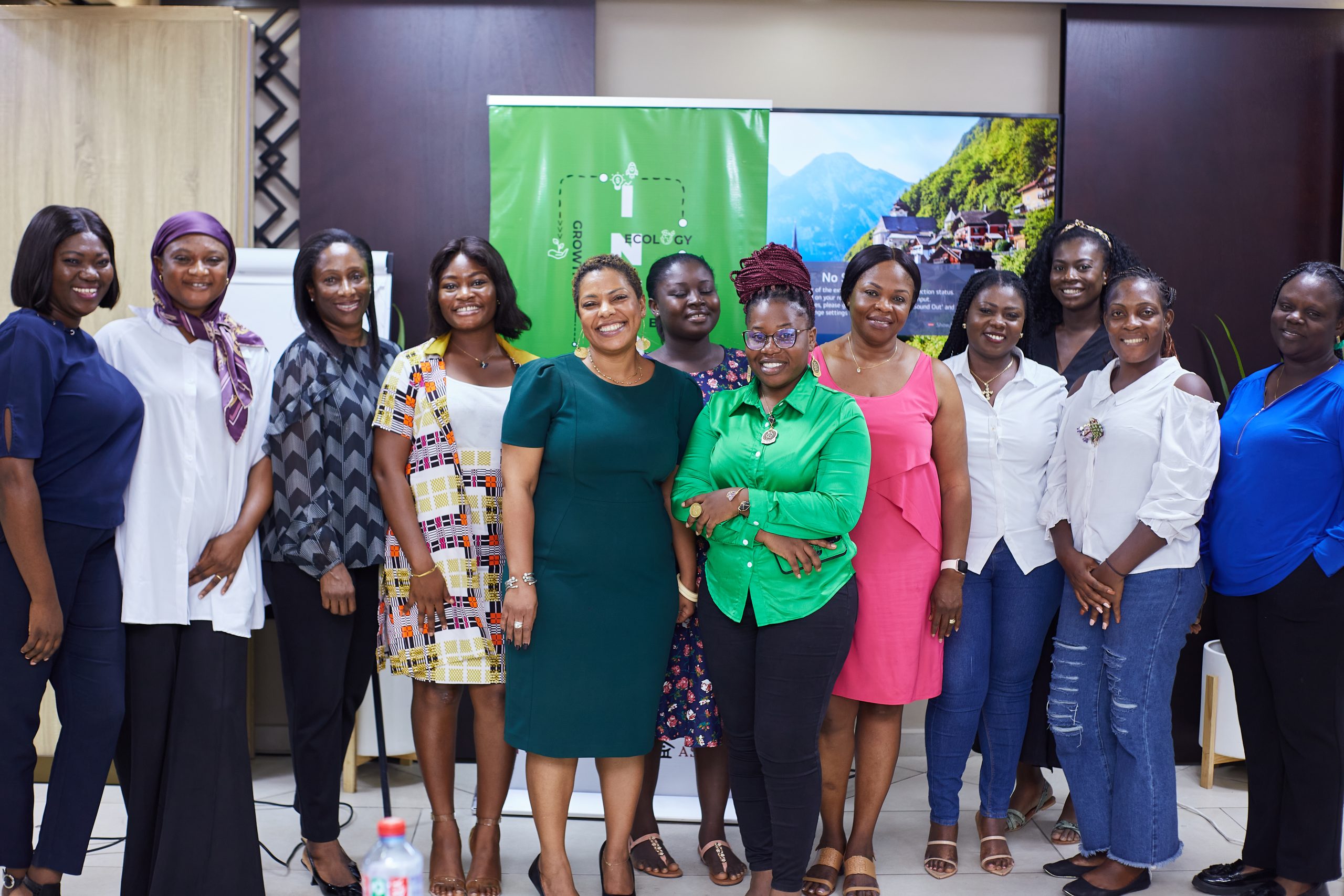Written by: Dr. Amanobea Boateng.
Dr. Amanobea Boateng is a Gender Consultant for the GCIC and is an International Consultant based in Ghana and South Africa with many years of experience in business development and thought leadership.
For women, digitalization and ICT represent a double-edged sword. While both are seen to hold enormous potential to bridge the gender divide in business worldwide, they are also acknowledged as posing a threat to women’s livelihoods. The inequalities between men and women in knowledge, access to and application of technology – the digital gender gap – need to be addressed urgently if women are to remain relevant in business and the workplace. Reflecting this, the United Nations theme for Women’s Day 2023, ‘DigitALL: Innovation and Technology for gender equality” was an apt rallying cry because by the year 2050, 95% of jobs are expected to include a digital aspect but globally only 28% of women are in STEM (science, technology, engineering, mathematics) jobs and only 22% of AI professionals are women. Coming down to the simplest uses of digitalization, the world over, men outnumber women in smartphone ownership and internet access by 327 million.
One might wonder why readers of this column should concern themselves with the digital gender gap, especially since Ghana Climate Innovation Centre’s women entrepreneurs are likely to be among some of the higher scoring users of ICT. Apart from being engaged in online learning through the incubator, they all have smartphones, computers and probably also use various technological tools and applications in their business systems and processes. They and others like them are doing well on the digitalization spectrum but could do even better by taking advantage of the unrealized potential through greater knowledge of up-to-date technology and use of the tools at their disposal.
Digitalization is an undeniable feature of the modern era with ever greater advances being made in artificial intelligence (AI) and other areas. Innovations such as Chat GPT, blockchain, and other technologies have opened almost limitless possibilities for humans to engage with one another, the world of work, and do business. From its simplest forms to the most complex, digitalization enables streamlining of systems, processes, and procedures, while easing access to resources such as finance, knowledge. Importantly, it also gives instant access to larger markets and business opportunities. Climate entrepreneurs by the nature of their work, are involved in harnessing technological advancements for activities that include measuring and relaying information on carbon reduction.
For women, digitalization and ICT represent a double-edged sword. While both are seen to hold enormous potential to bridge the gender divide in business worldwide, they are also acknowledged as posing a threat to women’s livelihoods. The inequalities between men and women in knowledge, access to and application of technology – the digital gender gap – need to be addressed urgently if women are to remain relevant in business and the workplace. Reflecting this, the United Nations theme for Women’s Day 2023, ‘DigitALL: Innovation and Technology for gender equality[1]” was an apt rallying cry because by the year 2050, 95% of jobs are expected to include a digital aspect[2] but globally only 28% of women are in STEM (science, technology, engineering, mathematics) jobs and only 22% of AI professionals are women[3]. Coming down to the simplest uses of digitalization, the world over, men outnumber women in smartphone ownership and internet access by 327 million[4].
One might wonder why readers of this column should concern themselves with the digital gender gap, especially since Ghana Climate Innovation Centre’s women entrepreneurs are likely to be among some of the higher scoring users of ICT. Apart from being engaged in online learning through the incubator, they all have smartphones, computers and probably also use various technological tools and applications in their business systems and processes. They and others like them are doing well on the digitalization spectrum but could do even better by taking advantage of the unrealized potential through greater knowledge of up-to-date technology and use of the tools at their disposal.
Digitalization is an undeniable feature of the modern era with ever greater advances being made in artificial intelligence (AI) and other areas. Innovations such as Chat GPT, blockchain, and other technologies have opened almost limitless possibilities for humans to engage with one another, the world of work, and do business. From its simplest forms to the most complex, digitalization enables streamlining of systems, processes, and procedures, while easing access to resources such as finance, knowledge. Importantly, it also gives instant access to larger markets and business opportunities. Climate entrepreneurs by the nature of their work, are involved in harnessing technological advancements for activities that include measuring and relaying information on carbon reduction.
To avoid losing ground in the longstanding quest for gender equality in all spheres of social and economic life, the digital gender gap needs to be closed at a faster rate and women must assume greater agency in this regard. A study by Accenture found that if the rate at which women become regular user of digital technologies is doubled, workplace gender equality could be attained by 2040 in developed nations and by 2060 in developing nations. Policy makers have an undeniable role to play but the urgency is such that women cannot afford to wait and must play catch-up by proactively learning about and embracing greater use of ICT and digitalization in all its forms. The potential gains for women are enormous with the International Finance Corporation finding that Africa’s women could potentially add $15 billion to e-commerce value by 2025-2030 if gender gaps are closed.
The digital gender gap is not dissimilar to the gender divide in other areas. It also involves societal preconceptions, women’s own lack of self-confidence, self-made assumptions, lack of affordability, poor access to resources, knowledge, and skills, as well as gender prejudice. As with other economic empowerment efforts, bridging the digital divide for women needs to involve hard skills, soft skills, role models, access to finance, and mentorship.
Women’s attitudes could be a stumbling block to their digital advancement because technology was traditionally viewed as a male domain and more men than women show an interest in learning about and employing new technologies in their businesses. Women need to take the initiative to learn new ways of using the tools they already have. The benefits include:
- Reaching a wider market locally and worldwide at less cost;
- Improving business processes;
- Business innovations;
- Access to fintech platforms for finance;
- Broader business networks;
- Easier access to suppliers and business resources.
- Developing new business applications (apps.);
- Remote working for greater flexibility and work-life balance;
- Access to online learning for relevant knowledge and skills;
- Eliminating the need for bricks and mortar outlets;
- Increased self-confidence;
- Greater business success;
- Gaining a voice as an advocate for digitalization in business;
- Giving courage to other women as a role model in the use of ICT and digitalization;
- Business sustainability;
- Attracting investors.
Digitalization has been known to result in leapfrogging for women entrepreneurs, enabling their businesses to make significant advances, innovate faster, and earn more, resulting in accelerated business success.
It follows that if greater digitalization results in increased economic success for women their positive socioeconomic impact would also be strengthened, enabling them to do more for themselves, their families, and communities. Greater equality would follow from societal respect and broken stereotypes. This is borne out by the finding that in countries where women have a greater knowledge and use of digitalization there are higher rates of workplace gender equality.
References
[1] https://www.unwomen.org/en/news-stories/announcement/2022/12/international-womens-day-2023-digitall-innovation-and-technology-for-gender-equality
[2] https://www.universityworldnews.com/post.php?story=20210216061039300
[3] https://blogs.worldbank.org/youth-transforming-africa/women-are-starting-digital-businesses-deserve-more-help
[4] https://www.oecd.org/digital/bridging-the-digital-gender-divide.pd
